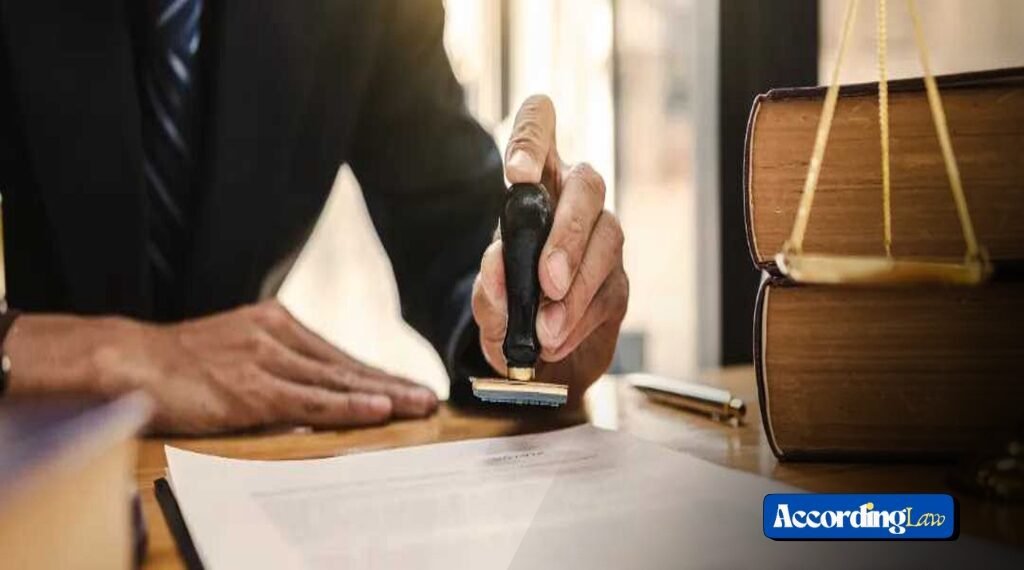What does waiving extradition mean? Learn its legal implications, benefits, risks, and process in this in-depth, well-researched guide.
Let’s say you are in one state but are being pursued for extradition by police from another state (or even another country) to stand trial for charges. You have two options—fight the extradition process or waive extradition and agree to be extradited without legal resistance. But what is waiving extradition all about? And is it ever the best choice?
You might have heard of extradition on the news or on legal dramas as extraditing an individual from one nation to another. It is time-consuming and complicated, though. Waiver of extradition is faster and less complicated as a legal process but with severe consequences.
Here I’ll explain everything you should know about waiving extradition from the definition of the term to the advantages and disadvantages and daily uses. I’ll also provide some insight into my research process as a legal practitioner to make the topic more concrete.
Table of Contents
What Does Waiving Extradition Mean?
In effect, waiving extradition is where one willingly consents to being extradited from one nation to another without going through the extradition process. They waive contesting extradition in court instead of exercising their right to have their extradition heard in court.
Breaking It Down Further:
The subject is typically taken into custody upon waiving extradition and brought to the requesting jurisdiction.
Why Do People Waive Extradition?
You might wonder, Why would anybody forgo their right of extradition? In fact, counterintuitive as it sounds, waiving extradition can be beneficial at certain junctures.
Common Reasons for Waiver of Extradition:
What Happens If You Waive Extradition?
When one waives extradition, their case proceeds faster. This is what typically happens:
The Waiver of Extradition Process:
Is Waiving Extradition A Good Idea?
Advantages of Waiving Extradition:
✅ Speedy Settlement – Spares you the long legal battles and gets you to your sentencing or trial earlier.
✅ Reduces legal costs – Eliminates legal fees and court fees related to extradition fights.
✅ Conducive Treatment in Courts – Courts are inclined towards favorable treatment of voluntary compliance that can lead to favorable plea bargains.
Risks of Waiving Extradition
❌ Loss of legal rights – You would lose your right to object to the extradition request.
❌ Instant Transfer – There is no time to formulate a legal defense before being transferred.
❌ Altered Legal Environment – There are more severe laws or punishments in the destination country.
Personal Experience: I recall one case where a man waived extradition because he believed he would receive a lesser sentence. But he was extradited to a state with stronger sentencing laws immediately. He soon wished he had talked with his attorney before waiving it.
Can you resist extradition instead?
Yes! If you refuse to waive extradition, you may contest it in court. This is typically done on the basis of:
However, it is difficult and expensive to resist extradition, so most people end up waiving extradition unless they have a strong case.
Legal Requirements for Waiver of Extradition
To maintain fairness, most jurisdictions mandate:
✔ A written signed waiver of the individual
✔ The judge’s approval for the judgment to be confirmed is not mandatory.
✔ A description of rights so that the subject is aware of their decision
Extradition in the United States is governed by the Uniform Criminal Extradition Act (UCEA) in order to ensure uniformity of procedure. Extradition from one country to another is more complex and depends upon treaties between countries.
Real-Life Example: The Case of Julian Assange
You may have heard of Julian Assange of WikiLeaks fighting extradition from Britain to America. He would not waive extradition and has had years of legal battles as a consequence.
The case highlights the power of resistance to extradition—also the cost, length of time, and political complexities.
FAQs
1. What is waiving extradition in legal terms?
Waiver of extradition is where the individual agrees to be extradited to another nation willingly without contesting extradition in court. It bypasses the extradition hearing and expedites extradition.
2. Can one ever reverse one’s mind once extradition has been waived?
No, once you sign the extradition waiver, it is binding. It cannot be withdrawn nor can extradition be opposed except on grounds of coercion, fraud, or legal impropriety in the extradition procedure.
3. What are the risks of waiving extradition?
By waiving extradition, you are giving up your right to resist extradition and more strict legal terms in the country where extradition is being sought. You also lose time to prepare your case before extradition.
4. How long does it take when waiving extradition?
Transfer on waiving extradition typically takes several days to several weeks. But if the police of the requesting country are not quick enough to arrest you, it can take longer.
Final Thoughts: Whether to Waive Extradition?
If you or someone you know is facing extradition, the decision to waive extradition is critical. Before making any decision:
Ultimately, waiving extradition can be double-edged, accelerating the process but losing you valuable legal protection. Think through your options!
Additional Resources
If you’re interested in learning more about extradition laws, check out these resources:


